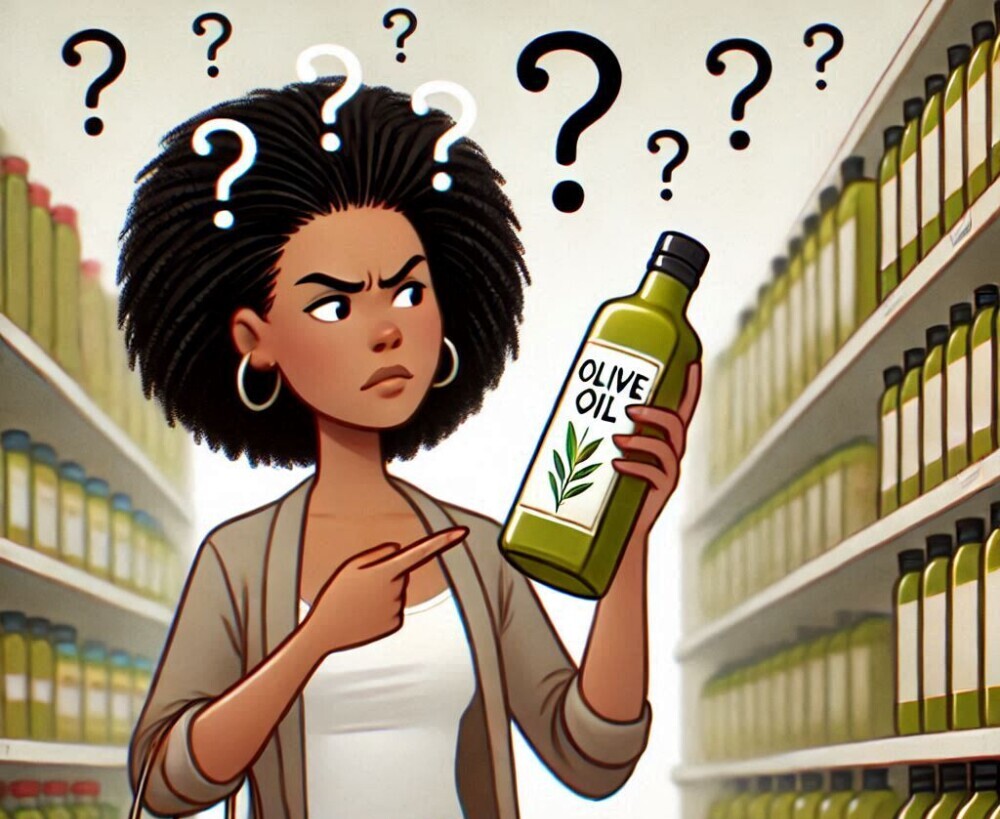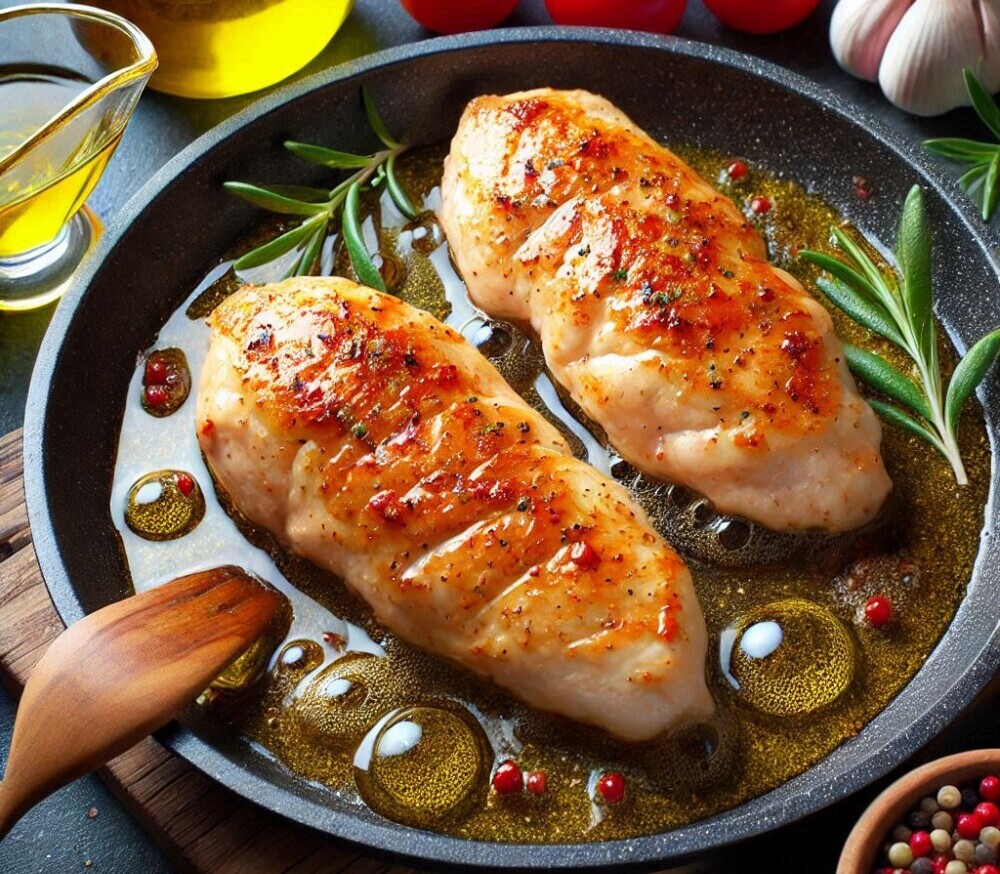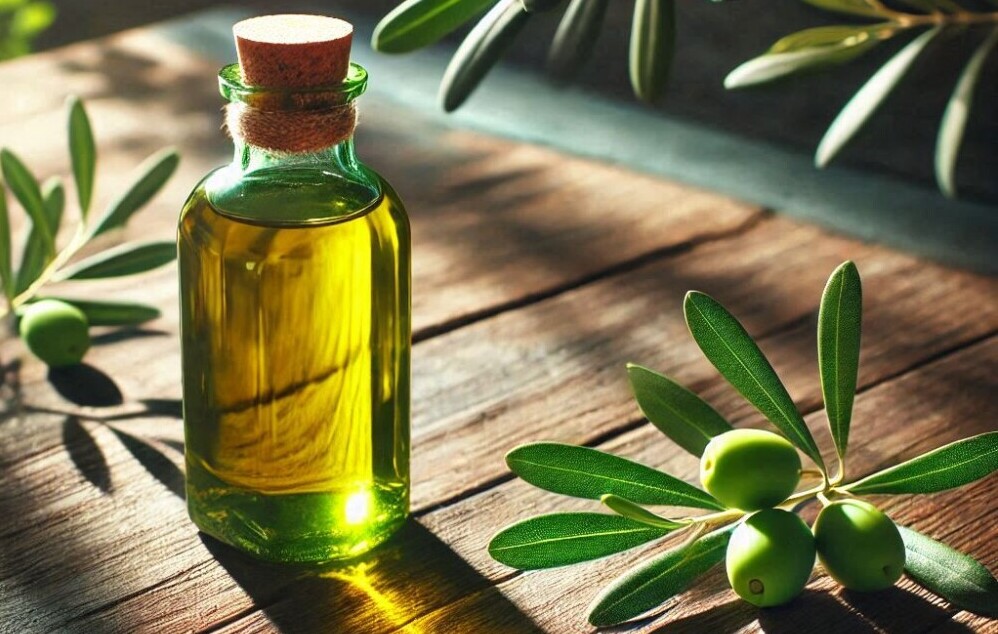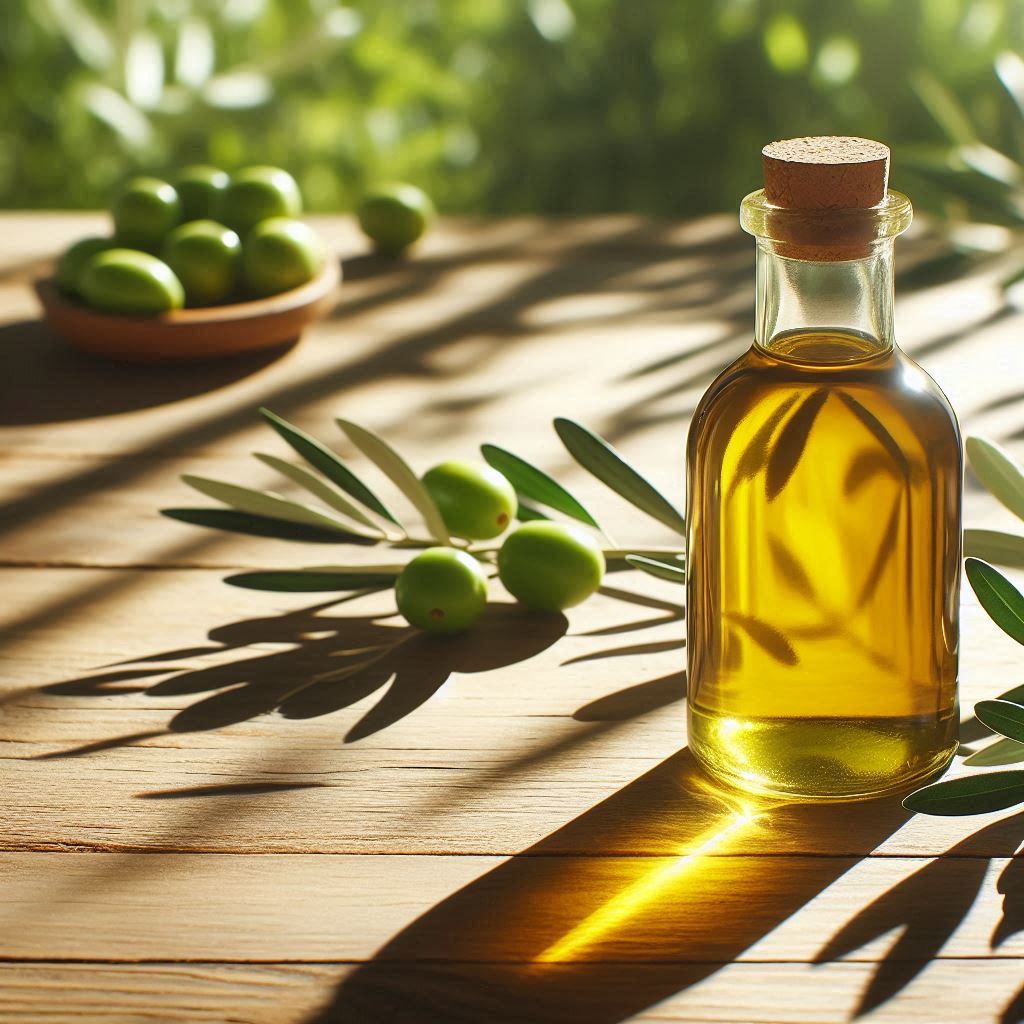Full Disclosure: This post contains affiliate links. If you make a purchase through these links, I may earn a commission that helps me hate on seed oils at no extra cost to you!

Ever wonder how olive oil got to be such a big deal in kitchens around the world? Let’s take a trip back in time, long before it became a staple in our pantries. Originally from the Mediterranean region, olives were first harvested and crushed for their precious oil thousands of years ago. People in places like ancient Greece and Rome didn’t just use it for cooking—it lit their lamps and even got a nod in ceremonies and rituals.
So how did this liquid gold spread beyond the Mediterranean shores? As trade routes expanded and explorers sailed the seas, olive oil made its way to different corners of the globe. It was initially cherished in places like Spain and Italy, evolving alongside local cuisines. Today, it’s a key ingredient in diets where flavor and health intersect—even non-Mediterranean countries have embraced it.
Olive oil isn’t just part of the Mediterranean diet; it’s a star player! The cultures from ancient to modern times have long praised its health benefits. It’s all about those good fats and antioxidants, right? People would drizzle it on everything from rustic breads to fresh veggies, tapping into both flavor and wellness.
Throughout history, olive oil’s uses went beyond the kitchen. People would use it for skin care, preserving food, even as a base for medicines. Its versatility was unmatched, which is quite impressive considering the simple process of pressing olives for oil. They’ll definitely keep pressing for many more years to come.
Understanding Olive Oil Varieties: Not All Oils Are Created Equal

Venturing into the world of olive oils can feel like navigating a maze. With labels like ‘virgin,’ ‘extra virgin,’ and ‘refined,’ it’s easy to get lost. Each type has its own attributes, and knowing what’s what can really change your cooking game. Extra virgin olive oil (EVOO) is the least processed, maintaining a zesty and fruity profile. It’s the good stuff, usually top-notch in terms of quality and flavor. Meanwhile, virgin and refined olive oils might go through certain refining steps, resulting in milder flavors and higher heat resistance.
Now, not every bottle with ‘olive oil’ stamped on it is the real deal. Many oils in stores are blends, a mix of oils from various sources. Blends might cut costs but they also can’t promise consistent quality. For the best taste and full health perks, look for 100% single-source olive oils. Check those labels and keep an eye out for certifications like PDO (Protected Designation of Origin) and PGI (Protected Geographical Indication). These mark that your oil’s roots trace back to one region known for exceptional olives.
Use your selection wisely in the kitchen. Extra virgin variety boasts rich and robust flavors, perfect for dressings or drizzling. Milder options like refined olive oil can handle more heat, suitable for sautéing and baking. The key is to pair the oil with how you plan to use it, elevating each dish’s flavor without compromising the oil’s natural benefits.
Consistent quality is the name of the game, and understanding labels is your secret weapon. When you spot bottles with fancy terms or a suspiciously low price, take an extra look over the label to know what you’re dealing with. Single-source, high-grade oils will make their mark in both taste and health impact, so think of it as an investment in your kitchen adventures.
Cooking with Olive Oil: Maximizing Nutritional Benefits

As we just learned, not all olive oils are created equal, especially when it comes to the heat of the kitchen. Extra virgin olive oil holds some serious nutritional power but may not always be your best heat buddy. That’s where refined oil steps in, perfect for getting things sizzling without breaking a sweat.
Swapping out more processed oils for olive oil can boost your dishes in flavor and health. Olive oil is packed with monounsaturated fats, the kind that hearts love. It’s the stuff that reduces bad cholesterol levels, meaning it’s ace for your ticker. Plus, it’s got antioxidants which work like a charm against inflammation and oxidative stress — fancy terms for keeping the bad stuff at bay.
Want to make that olive oil work harder for you? Use it in ways that let you soak up all those good nutrients. For starters, try it in salad dressings or as a finishing touch on roasted vegetables. The heat from cooking will tuck away some of its health perks, so use raw whenever you can. It’s also great for marinating meats or even as a base for homemade sauces.
Got some baked goods in mind? Olive oil can give them a unique twist. It adds moistness and a gentle flavor note to cakes and breads. Just remember to choose the right kind, keeping an eye out for any bitterness that could overpower your recipe.
Incorporating olive oil into your daily grub doesn’t just mean frying everything in it. Be creative, think beyond the skillet and focus on ways that preserve its wholesome nature. That little drizzle here and there might just become the healthy habit you didn’t know you needed.
Olive Oil as a Flavor Enhancer: Beyond the Cooking Pot
You might think olive oil belongs in the pan, but it’s also a game changer when used fresh. The key is choosing the right type for the job. Some oils shine the brightest outside the frying pan, showcasing their flavor when drizzled cold over foods.
For those who want a zing of flavor, extra virgin olive oil is your pick. It has a robust taste that elevates salads, pasta, and cheese. A light drizzle brings depth to these plates, letting the natural flavors pop without overwhelming them.
Here’s a pro tip: when using olive oil as a dressing or finisher, pair it with foods that enhance its richness. Think fresh tomatoes, leafy arugula, or crusty artisan bread. It’s like setting the stage for a flavor festival that’ll make taste buds dance!
Another exciting option is to get creative with olive oil in your uncooked dishes. Mixing it with herbs and spices creates delicious infusions, ideal for dipping sauces or dressings. You can even pour it over soups just before serving, adding a luscious final touch.
The purpose is simple – to show how olive oil can resonate in your culinary creations beyond cooking. Embrace its versatility, and you’ll realize this kitchen staple is truly seasoned for every part of your meal while adding a splash of goodness.
Debunking Myths and Misconceptions about Olive Oil

Olive oil might have a sturdy reputation, but there’s a bunch of myths floating around it that need busted. One big one? The worry about smoke points and nutritional loss. You might’ve heard that you can’t use olive oil for high-heat cooking, but it’s time to clear that up. While extra virgin olive oil does have a lower smoke point than some oils, it’s still perfectly fine for most of your cooking needs. Ask an Italian what they use to fry almost anything!
Plus, even at this level, it retains many of its beneficial properties.
Another misconception is that olive oil shouldn’t be used in baking or desserts. Speak to anyone who’s drizzled it on sweet creations, and they’ll tell you it adds a moist texture and unique flavor note, perfect for certain cakes and breads. Of course, choosing an oil that complements your dish is key, but you definitely don’t need to shy away from experimenting!
Got doubts about the quality of your store-bought olive oil? Some folks think the terms on the label are all just marketing fluff. Truth is, understanding those labels can truly help you select quality oils that fit your needs – whether you’re after that robust kick for salads or a mild taste for stir-fry.
Some think olive oil lasts forever tucked away in the cupboard. But over time, olive oil does lose its freshness. To keep it at its best, store it in a cool, dark place, and always cap it tightly after use.
Check out my favorite US-origin olive oil here!
Check out my favorite European-origin olive oil here!




Awesome article! Olive oil really is a kitchen MVP—so healthy and super versatile. I love how you broke down its benefits in a way that’s easy to understand.
Thanks so much for reading Reese! Super glad you gained something useful from it. Use more olive oil you won’t regret it!